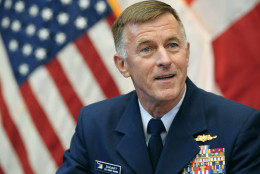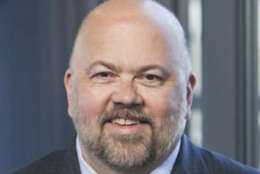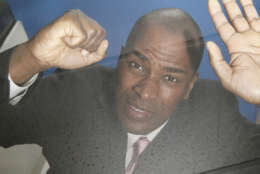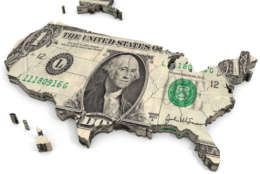locality pay
-
See how your salary compare to feds doing exactly the same jobs in the same agency but in another city.
April 19, 2018 -
In today's Federal Newscast, after spending 2017 with low budgets, the head of the Coast Guard says his service is now punching at the middleweight class.
April 11, 2018 -
The Federal Salary Council will also review the methodology it currently uses to determine the locality pay program.
April 10, 2018 -
Feds would all be better off if they recognize the differences and the similarities between D.C. and field employees, but commentator Jeff Neal is not optimistic that will happen any time soon.
April 04, 2018 -
Senior Correspondent Mike Causey says you could make more money doing your same federal job if you did it in a different city.
March 09, 2018 -
What agency has the most employees? Which feds get paid the most? Federal News Radio looks at the latest federal pay data from the Office of Personnel Management.
March 08, 2018 -
Where do the best paid federal civil servants live and work? Is it D.C., Houston, New York City, San Francisco or Maysville, Kentucky?
January 10, 2018 -
The pay raise process established in the U.S. Code relies on federally-collected data, which should make it easy to predict a year in advance just what kind of a pay raise federal employees will be getting.
January 09, 2018 -
Some of the highest ranking, most experienced and talented federal workers in the Washington, D.C. area won't be getting a pay raise this month.
January 08, 2018 -
Federal News Radio breaks down locality pay: what it is, how affects your final salary and how it came to be.
January 05, 2018 -
Federal employees looking for major changes to locality pay will be disappointed in 2018, as the entities that typically make small but significant moves on federal salaries were largely inactive during the first year of the Trump administration.
January 04, 2018 -
Most people expect a raise when they get a promotion. But for some feds in 2017, thanks to salary compression, that’s not the case.
January 23, 2017 -
Senior Correspondent Mike Causey says the best paid federal workers aren't here, and if you want a pay raise, your best move is to move.
January 10, 2017 -
While the new higher pay cap of $161,900 is nothing to sneeze at, Senior Correspondent Mike Causey says it still lags behind what some receive in the private sector.
January 04, 2017 -
President Barack Obama signed an executive order authorizing a 2.1 percent pay parity for civilian employees in 2017. This order supersedes the one he signed back in November, which authorized a smaller raise for federal employees.
December 28, 2016













